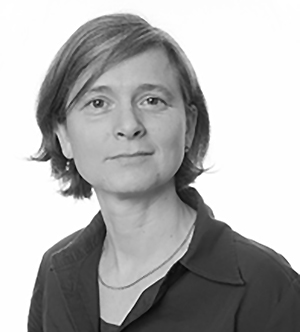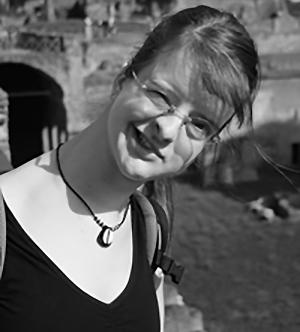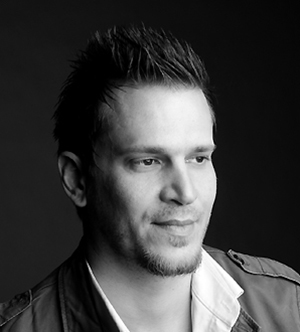The Posthuman
Rosi Braidotti
“This is an exciting and important text, full of intellectual brilliance and insight. It will make a major mark.”
Henrietta L. Moore, University of Cambridge
The Posthuman offers both an introduction and major contribution to contemporary debates on the posthuman. Digital ‘second life’, genetically modified food, advanced prosthetics, robotics and reproductive technologies are familiar facets of our globally linked and technologically mediated societies. This has blurred the traditional distinction between the human and its others, exposing the non-naturalistic structure of the human. The Posthuman explores the extent to which a post-humanist move displaces the traditional humanistic unity of the subject. Rather than perceiving this situation as a loss of cognitive and moral self-mastery, Braidotti argues that the posthuman helps us make sense of our flexible and multiple identities.
Publishing April 2013
9780745641584 paperback £14.99/€19.90
Review by Stefan Herbrechter in Culture Machine: link





